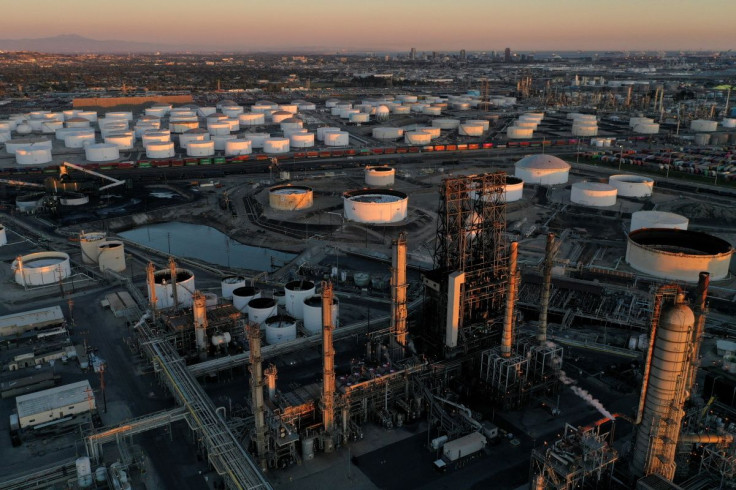Brent Up As Strike In Norway Threatens To Disrupt Oil, Gas Output

Brent crude futures extended gains on Tuesday as a strike in Norway is expected to disrupt oil and gas output, fanning tight supply worries.
Brent crude futures rose 82 cents, or 0.7%, to $114.32 a barrel by 0105 GMT after a 2.4% gain on Monday.
U.S. West Texas Intermediate crude climbed $2.58, or 2.4%, to $111.01 a barrel, from Friday's close. There was no settlement for WTI on Monday because of the July 4 U.S. public holiday.
On Tuesday, Norwegian offshore workers began a strike that will reduce oil and gas output, the union leading the industrial action told Reuters.
The strike is expected to reduce oil and gas output by 89,000 barrels of oil equivalent per day (boepd), of which gas output makes up 27,500 boepd, Equinor has said.
Oil output will be cut by 130,000 barrels per day from Wednesday, the lobby had said, corresponding to around 6.5% of Norway's production, according to a Reuters calculation.
"Crude oil gained as investor focus returned to signs of market tightness," ANZ analysts said in a note.
Overall, the outlook for demand is also at the forefront of investor concerns amid a broad tightening in global financial conditions as the U.S. Federal Reserve fights rampant inflation with rapid rate increases.
Interest rate hikes also loom in Australia and in South Korea as authorities try to tamp down red-hot inflation. In South Korea, inflation in June hit a near 24-year high, adding to concerns of slowing economic growth and oil demand.
"Oil is still struggling to break out from its current recessionary malaise as the market pivots away from inflation to economic despair," Stephen Innes of SPI Asset Management said in a note.
© Copyright Thomson Reuters 2024. All rights reserved.




















